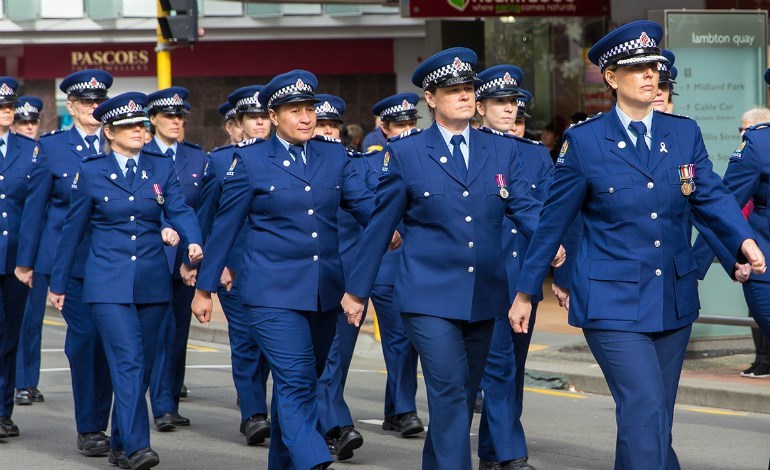Of all of the side-effects of cannabis prohibition, one of the most insidious is the suffering caused to the population by decreased bureaucratic and institutional effectiveness. This occurs across a range of Government agencies, but none as severely as the criminal justice system. As this article will examine, cannabis prohibition makes the Police less effective and less able to do their jobs properly.
A lot of successful Police work depends on input from the community, because the Police frequently rely on tips from people who know about crimes. Criminals aren’t always tight-lipped, and sometimes they talk about their crimes when they shouldn’t (especially to women). Many more crimes get solved as a result of someone who knew the perpetrator ratting them out than as a result of detectives finding clues with magnifying glasses.
This is why reports of crimes in the media frequently come with an appeal from Police to witnesses or anyone who knows the perpetrator to come forward. Realistically, this is the best that the Police can do in many cases. It’s easy to see, then, that policing depends on having good relations with the community, and a sense of mutual trust.
If cannabis is illegal, then any individual cannabis user is going to be very wary of the Police, and for good reason. They will be highly averse to having officers come to their house, and will be highly averse to making contact with the Police. After all, they are criminals themselves.
It’s easy to imagine this from the perspective of a cannabis user. Why would a cannabis user who has just witnessed a crime call the Police, when doing so greatly increases the risk that said cannabis user gets arrested themselves? If the Police want to talk to them, then the cannabis user is going to have to present themselves with no sign that they use cannabis, or risk getting arrested.
This makes the Police less effective because they can no longer rely on the voluntary co-operation of cannabis users. Prohibition shifts people who use cannabis from the set of potential Police allies to the set of Police opponents.
This also isn’t the only way that cannabis makes the Police less effective.
A British study showed that one million manhours of Police time was spent every year on enforcing cannabis prohibition. This accounts for all the arrests, all the time spent booking and processing people and the following up of tips. Adjusting for the size of the country, that suggests that somewhere between 70,000 and 80,000 manhours are wasted in this manner every year in New Zealand.
The fact of the matter is that the general Police budget is limited, and the manhours used to enforce cannabis prohibition come out of that general Police budget. So 70,000 hours spent harassing people for cannabis is 70,000 hours not spent following up burglaries, assaults, thefts and the other petty crimes whose enforcement depends on general funding.
In the wake of the Christchurch mosque shootings, it emerged that shooter Branton Tarrant had never had his firearms licence checked by the Police. He had come to New Zealand with an Australian firearms licence and used that to purchase weaponry, and at no point was it ensured that he had his firearms safely locked away, or even that he was in a sound mind to own them.
This is not to argue that the Christchurch mosque shootings would have been prevented if cannabis was legal. The point is that Police effectiveness is a matter of correctly apportioning their limited manhours to enforcing the laws of New Zealand. Should they decide that a certain amount of spending is necessary to enforce cannabis prohibition, then they cannot escape the opportunity cost of not having the funding to fully enforce certain other areas.
Cannabis prohibition should be repealed for the sake of making the Police force more effective. Not only would this allow for a decrease in the mistrust held by sections of the population towards the Police, but it would also allow the Police to expend their resources more efficiently, by freeing up at least 70,000 manhours currently wasted on enforcing cannabis prohibition.
*
This article is an excerpt from The Case For Cannabis Law Reform, compiled by Vince McLeod and due for release by VJM Publishing in the summer of 2018/19.

